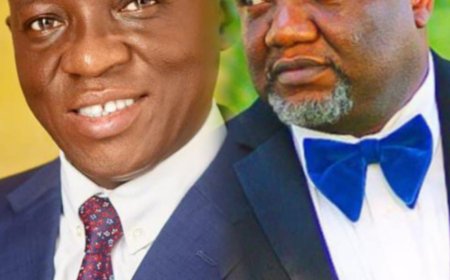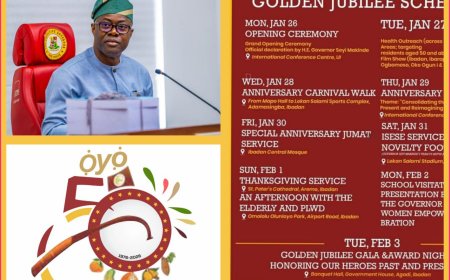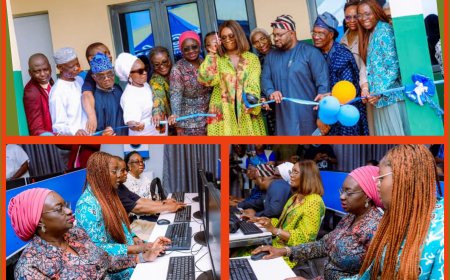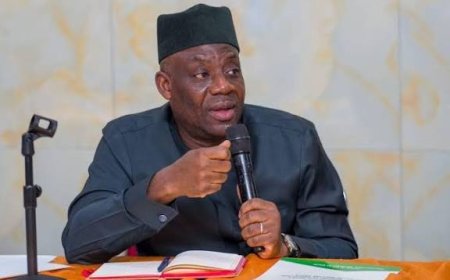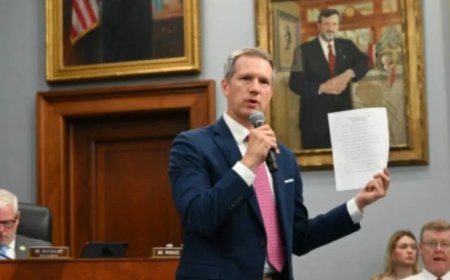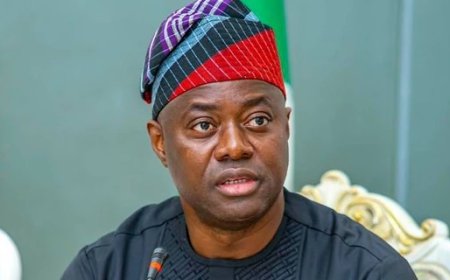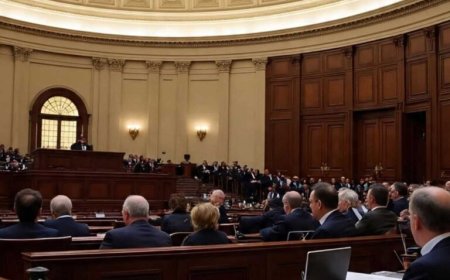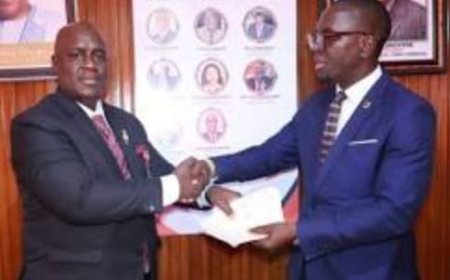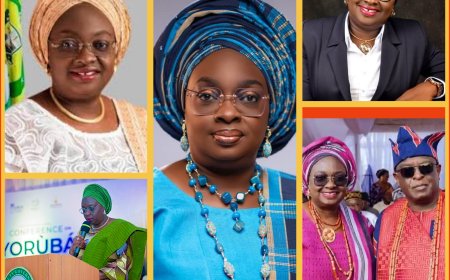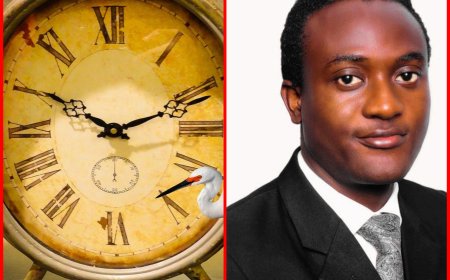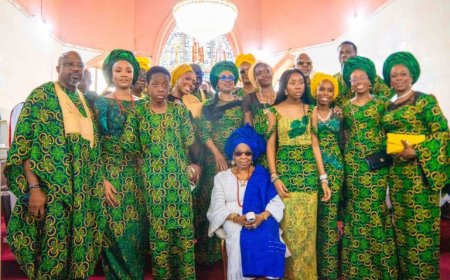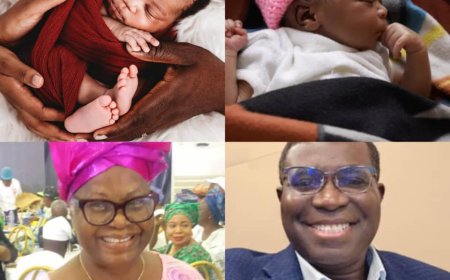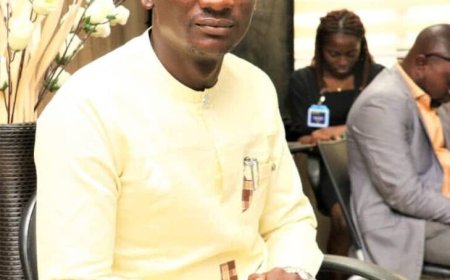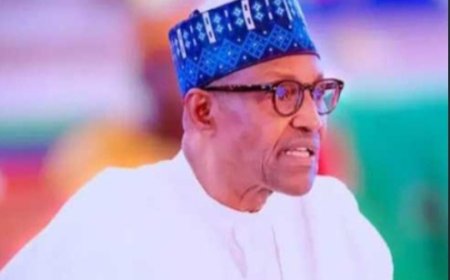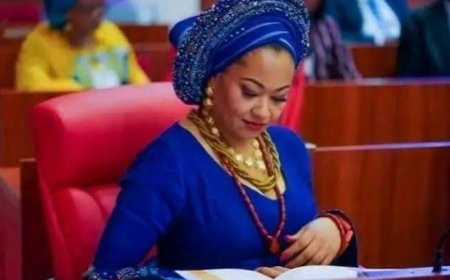83% of Nigerians Lose Trust in Tinubu Govt, National Assembly, Judiciary as Nigerians Now Seem to be United in Shared Struggle — Survey Reveals
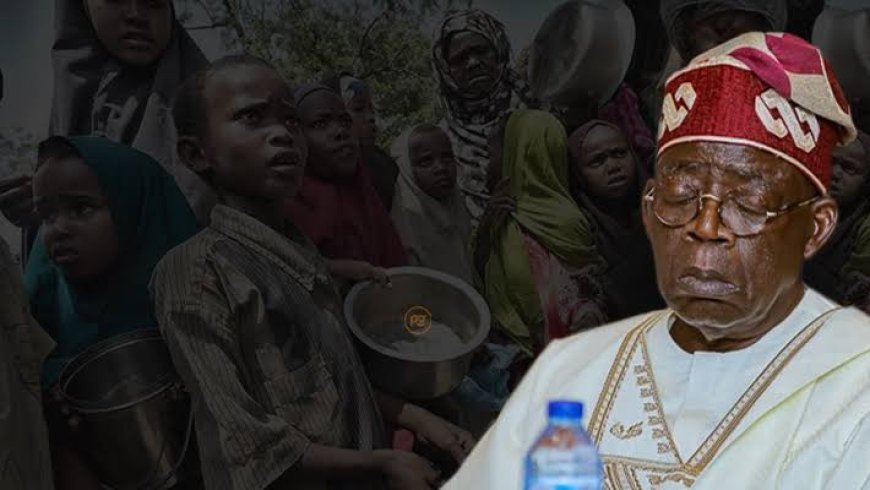
By: Israel Adeleke
OPEN TELEVISION NAIJA (OTN) News reports as gathered that a new nationwide survey by the Africa Polling Institute (API) has revealed an alarming level of public distrust in Nigeria’s core institutions, with 83% of Nigerians expressing little to no trust in the administration of President Bola Ahmed Tinubu.
OTN News further reports as gathered that this survey which was unveiled during a national dialogue in Abuja late this week, found similarly low levels of trust in the National Assembly and the judiciary, with 82% and 79% of Nigerians respectively stating they have little or no confidence in the two other arms of government.
OTN News observes that the findings mark the lowest recorded levels of public trust since API began its Nigeria Social Cohesion Survey in 2019.
The 2025 edition of the survey, supported by the Ford Foundation, assessed Nigerians’ perceptions on identity, trust, corruption, governance, civic participation, and future expectations.
It also computed the Nigeria Social Cohesion Index (NSCI), which stood at 46.8%, falling below the 50% threshold that denotes a cohesive society.
According to Professor Bell Ihua, API’s Executive Director, the survey "reveals growing citizens’ distrust and low public confidence in the government and public institutions."
He added that “Nigerians now seem to be united in shared struggle, especially concerning the daily economic hardship, high cost of living, and the lack of economic opportunities under the current administration.”
A total of 5,465 interviews were completed via face-to-face household visits, using the stratified random sampling technique, with citizens aged 15 years and above.
The interviews were conducted in five major languages: English, Pidgin, Hausa, Igbo, and Yoruba. Geographic quotas were assigned to ensure that all states and senatorial districts were proportionately represented in the sample.
OTN News further observes from the report that, 83% of respondents said they have little to no trust in President Tinubu’s government, with 53% stating they have “no trust at all.”
Furthermore, 82% expressed similar sentiments toward the National Assembly, under the leadership of Senate President Godswill Akpabio and House Speaker Tajudeen Abass, as 79% reported little to no trust in the judiciary, under the former Chief Justice of Nigeria (CJN) Kayode Ariwoola and the current CJN, Justice Kudirat Kekere-Ekun.
Compared with API’s previous surveys in 2019, 2021, and 2022, the 2025 results signal a steep decline in public confidence across all three branches of government.
Under the ‘Identity’ indicator, 53% of Nigerians said they “feel disappointed” in the country, while only 33% expressed pride in being Nigerian. Furthermore, 27% said they identify more with their ethnic group than with Nigeria as a nation.
On the ‘Trust’ and ‘Civic Participation’ indicators, they show a duality: while institutional trust is plummeting, 68% of respondents are willing to make personal sacrifices for national unity, and 76% are ready to participate in the political process to improve the country.
In addition, 79% are willing to work with Nigerians from other ethnic backgrounds to build unity. 91% support inter-ethnic marriages, but support drops to 64% when it comes to inter-religious unions.
On the issue of "Corruption and Gender Equity", the survey paints a grim picture of corruption under the Tinubu administration.
According to the report, Nnarly 61% of Nigerians believe corruption has worsened in the past year, while 64% rated the government’s anti-corruption efforts as “poor.”
On gender equity: 71% believe women should be allowed to lead in politics, religion, and corporate organisations, while, 73% support equal inheritance rights for women and say women who marry into other states should have equal rights there.
OTN News also observes that, 63% are willing to vote for a woman as President, and 76% would vote for a woman as Local Government Chairperson.
Furthermore, on the desire to leave the country, the findings showed that: 59% said they are extremely or somewhat dissatisfied with life in Nigeria, while, 53% would consider relocating abroad with their families if given the opportunity.
Although 56% believe the future could be better, as 26% hold a pessimistic outlook.
The API urged the creation of a National Cohesion Commission to lead the charge in rebuilding national unity, trust, and inclusion. It emphasized the need for a new social contract that clearly defines the responsibilities of government to citizens and vice versa.
The report also recommended a national reorientation campaign led by institutions like the National Orientation Agency, the Federal Ministry of Information and Culture, and civil society groups to reshape narratives and foster a more united national identity.
Professor Ihua, however, called for renewed civic engagement at all levels, encouraging Nigerians to participate in community dialogues and collaborative efforts aimed at envisioning a prosperous, inclusive, and equitable Nigeria.
What's Your Reaction?










